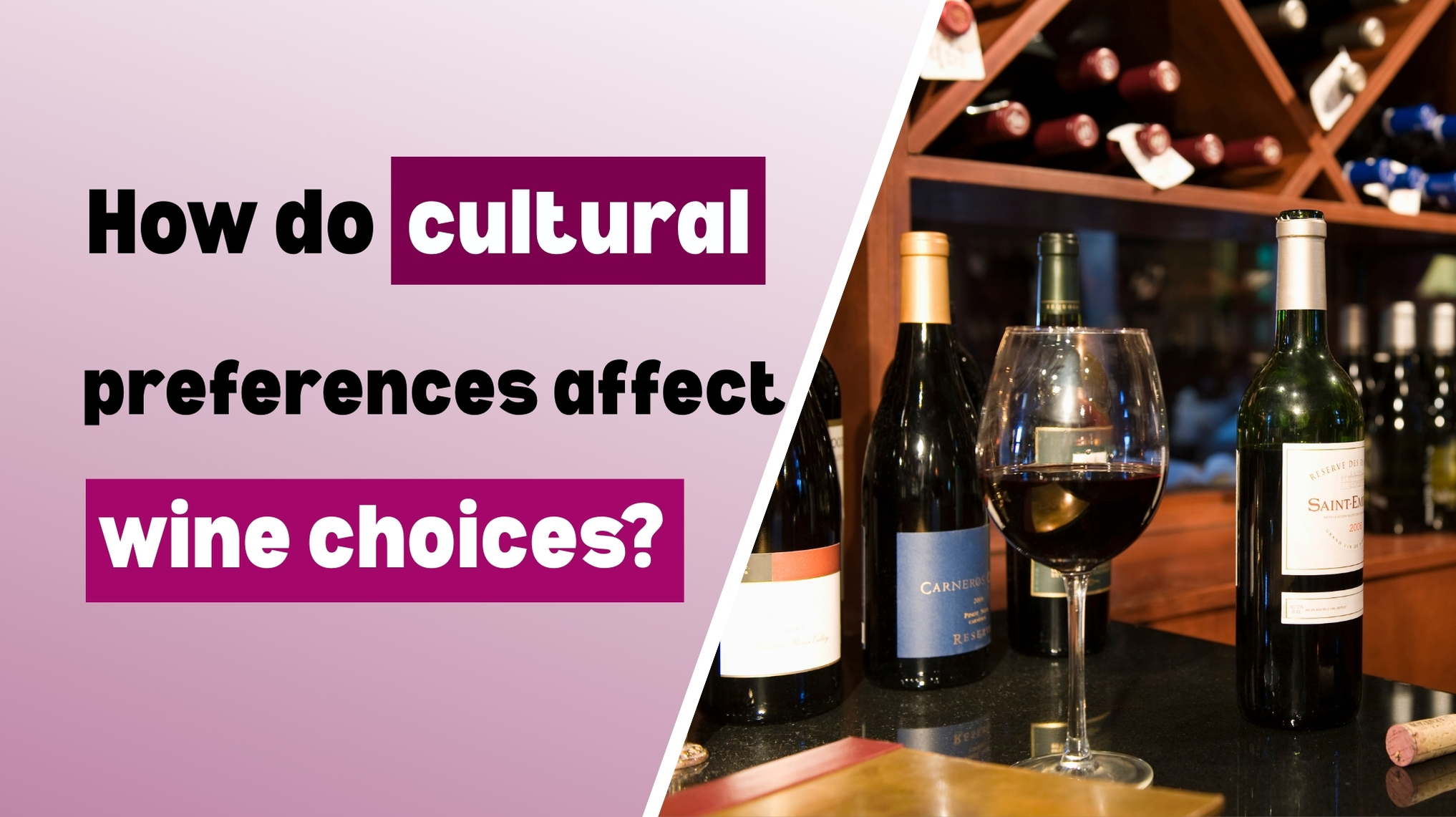What makes a wine brand successful?

In the competitive wine industry, certain brands stand out by capturing consumer attention and loyalty. What sets these successful wine brands apart is a combination of quality, storytelling, strategic marketing, and adaptability to current trends. Let's explore the key factors that contribute to a wine brand's success in today's market.
1. Authentic Storytelling and Brand Identity
A compelling narrative can significantly enhance a wine brand's appeal. For example, Josh Cellars was founded by Joseph Carr in 2005 as a tribute to his father. This heartfelt story resonated with consumers, and combined with quality wine, propelled Josh Cellars to produce over 7.5 million cases annually, making it one of the top-selling wine brands in the U.S.
2. Distinctive Visual Branding
In a market flooded with options, eye-catching labels and cohesive visual identity are crucial. A well-designed label not only attracts attention but also conveys the wine's quality and personality. Successful brands invest in packaging that reflects their identity and appeals to their target audience.
3. Strategic Market Positioning
Understanding and targeting the right market segment is vital. Brands that identify their niche—be it premium, organic, or value wines—and tailor their offerings accordingly tend to perform better. For instance, focusing on occasion-based marketing campaigns designed specifically for consumers aged 30 to 45 can help offset the decline in the Boomer segment.
4. Embracing Digital Marketing
In today's digital age, a robust online presence is indispensable. Successful wine brands leverage social media, email marketing, and SEO to engage with consumers. They create compelling content, host virtual tastings, and maintain user-friendly websites with e-commerce capabilities to reach a broader audience.
5. Adaptability to Industry Trends
Staying attuned to industry trends allows brands to innovate and meet changing consumer preferences. The rise of organic wines, low-alcohol options, and alternative packaging are examples of trends that successful brands have embraced. By aligning products with current demands, brands can maintain relevance and appeal.
6. Commitment to Sustainability
Environmental responsibility is increasingly influencing consumer choices. Brands that adopt sustainable practices, such as organic farming and eco-friendly packaging, not only contribute positively to the environment but also attract eco-conscious consumers. This commitment can enhance brand image and loyalty.
7. Quality and Consistency
Ultimately, the quality of the wine is paramount. Consistent taste and quality build trust and encourage repeat purchases. Successful brands prioritize meticulous production processes and quality control to ensure their wines meet consumer expectations every time.
8. Engaging Customer Experiences
Creating memorable experiences fosters deeper connections with consumers. Whether through winery tours, tasting events, or personalized customer service, engaging experiences can differentiate a brand and build lasting relationships with customers.










